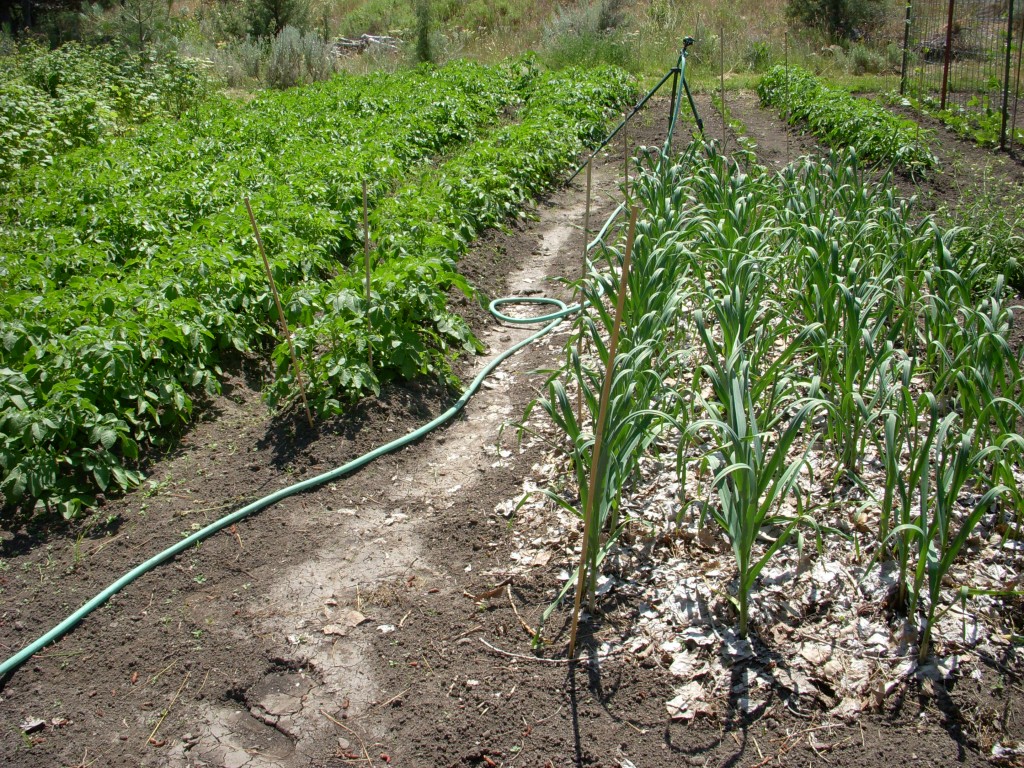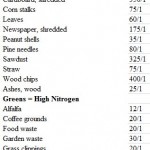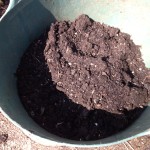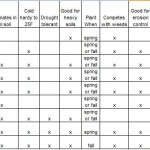If you get nothing else from this website, I hope you will get this: Having good soil is the key to successful vegetable gardening.
If you take the time to nurture your soil, you will be rewarded with healthy crops and a beautiful garden environment.
One thing that will destroy your soil is using chemical fertilizers that aren’t organic. They will destroy your soil food web.
This food web consists of earthworms, mites, bacteria, fungi and other organisms that release mineral nutrients and create the loose soil structure crops need to thrive. They grow around your plant roots, obtaining nutrients and water that they then share with your crops. Some microorganisms prevent diseases and help fend off insect invasions.
You can nurture this soil food web by using compost and organic mulches. It also helps to plant cover crops and to minimize tilling.
Nurture your soil, and the soil will in turn feed you healthy, tasty, beautiful crops.





